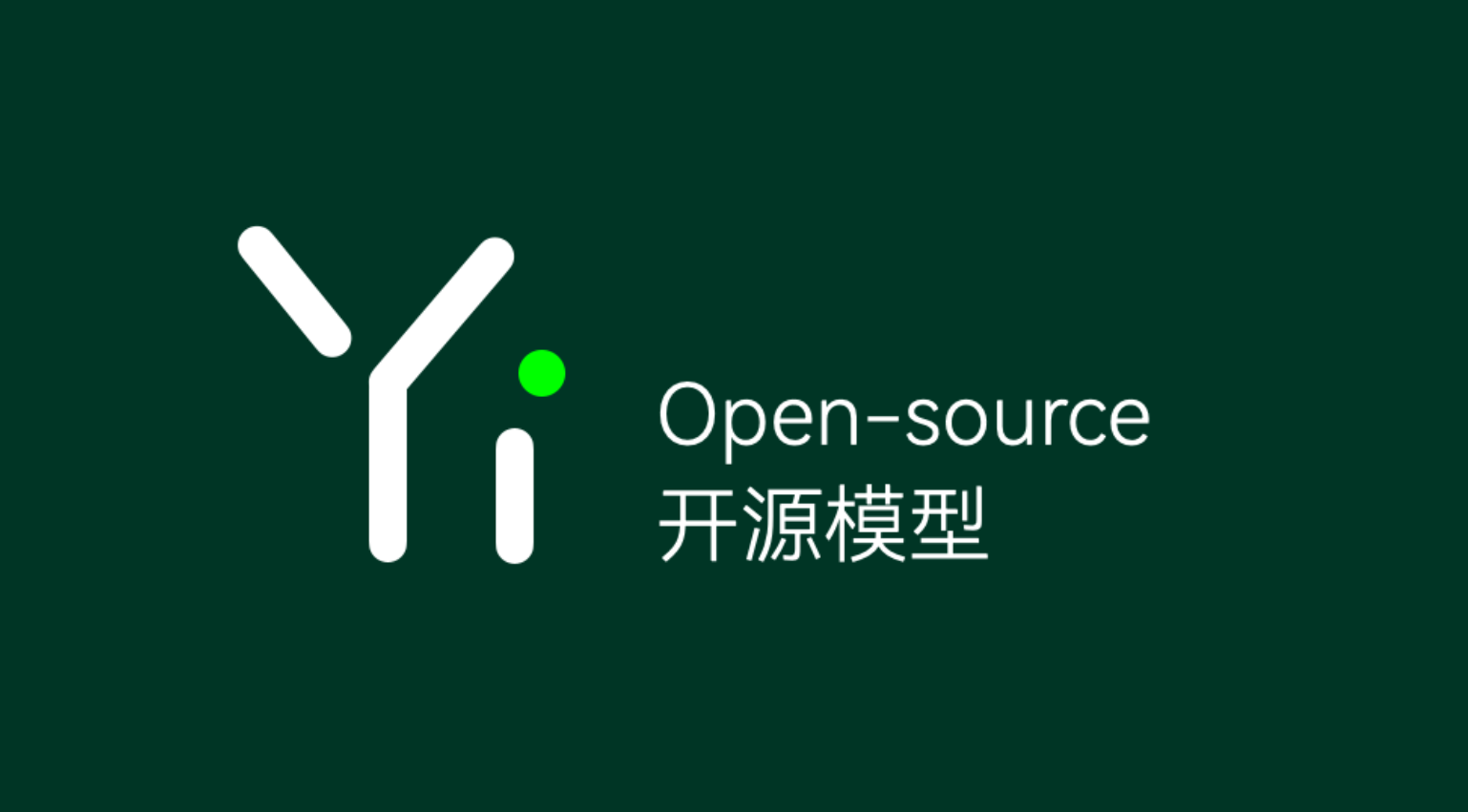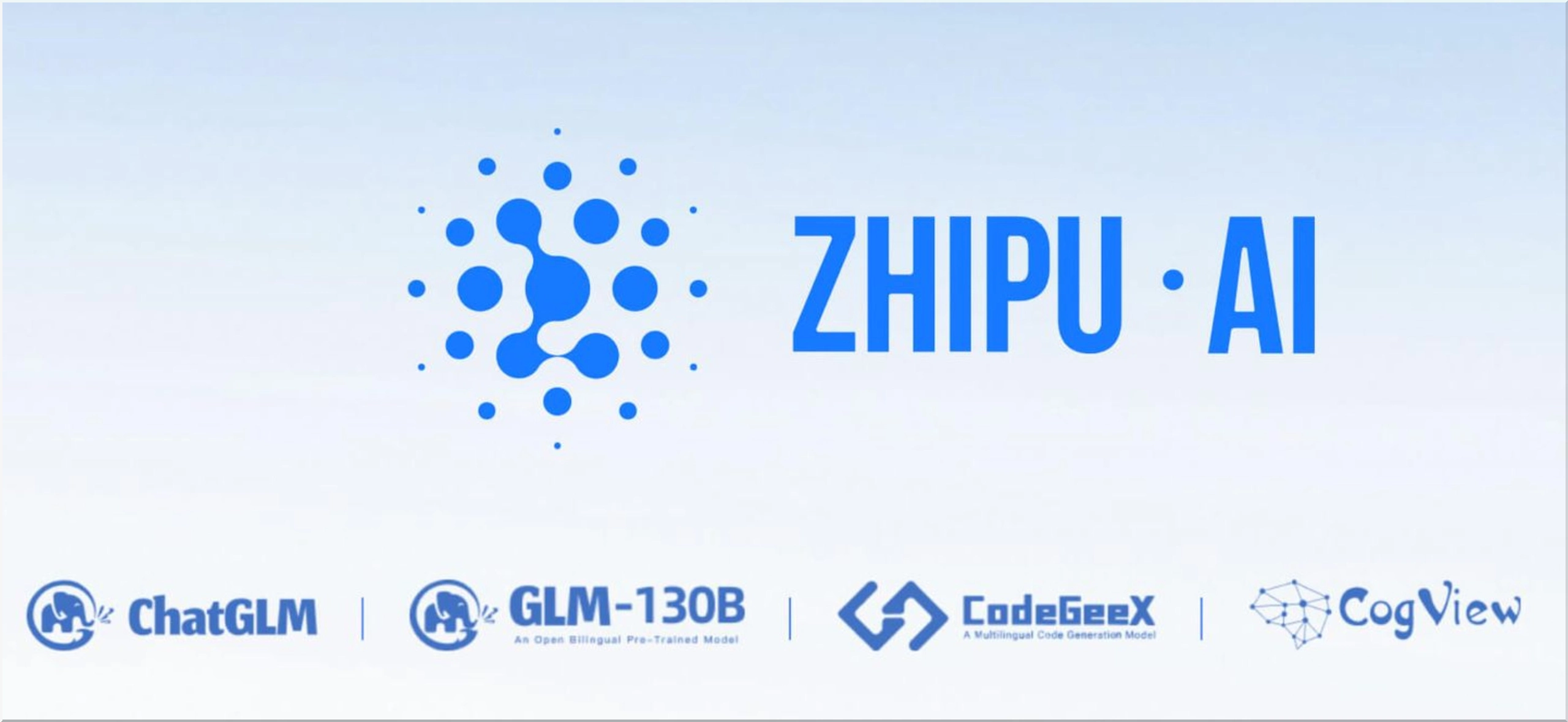Beijing’s 01.AI, an emerging player in the artificial intelligence (AI) landscape, is reportedly in the process of raising $200 million in fresh capital, according to sources familiar with the matter. This funding initiative follows the startup’s recent valuation milestone of $1 billion, achieved last month amid heightened global interest in open-source AI models.

01.AI is part of a cohort of Chinese startups, including giants like Meta and Alibaba, looking to make their large language models (LLM) publicly accessible. The move is a strategic response to the competitive dynamics in the AI market, with OpenAI currently leading the way.
Launched officially in July by Lee Kai-fu, former chief of Google China, after a three-month incubation period, 01.AI rapidly gained traction, reaching a valuation of $1 billion in early November. Sources indicate that the company is actively seeking additional investments from U.S. dollar-based investors as it continues its growth trajectory.
While specific fundraising details remain confidential, it’s noteworthy that 01.AI is positioning itself alongside other major players in the AI industry by embracing the trend of making large language models open to the public. This strategy aligns with the current surge in interest surrounding generative artificial intelligence (AI).
In a significant achievement for the startup, 01.AI gained recognition in the open-source LLM community when its Yi-34B model became the first Chinese LLM to top the leaderboard on Huggingface. Huggingface is a platform that enables tech firms to share and rate their language models based on performance and popularity.
As the race to harness the potential of open-source AI models intensifies, 01. AI’s latest funding initiative underscores its commitment to further innovation and expansion in the dynamic and competitive field of artificial intelligence.
In a dynamic landscape marked by surging valuations, Zhipu AI, established in 2019, recently crossed the $1 billion valuation threshold, according to reports from Chinese media. Additionally, eight-month-old Baichuan Technology achieved an impressive valuation of $1.2 billion following its latest fundraising round in October, as disclosed by a source with direct knowledge of the process.

The momentum in the Chinese AI sector is driven, in part, by the movement towards open-sourcing large language models (LLMs). This trend, however, has faced criticism from OpenAI, the creator of the popular ChatGPT chatbot, which has maintained tight control over its model codes, citing concerns about potential misuse and associated risks to society.
Chinese tech giant Alibaba’s cloud division has actively embraced the open-source approach, with its LLM Qwen-72B recently claiming the top spot on Huggingface’s leaderboard. This move follows Alibaba’s commitment to open-source eight AI models in the last four months, positioning itself as a key player in the competitive AI landscape.
Qwen-72B, touted as Alibaba’s most powerful LLM to date, aims to outperform OpenAI’s flagship GPT-4 in handling the Chinese language, based on industry benchmarks. Jingren Zhou, the Chief Technology Officer of Alibaba Cloud, emphasized the importance of building an open-source ecosystem for the development of LLM and AI applications, stating that Alibaba Cloud aspires to be the most open cloud, making generative AI capabilities accessible to a wider audience.
Alibaba Cloud’s commitment to open-source extends beyond its models, as it supports smaller AI startups in the open-source LLM space, including 01. AI. Collaboration between Alibaba Cloud and 01.AI involves aspects such as model training and deployment processes.
Responding to inquiries about Alibaba Cloud’s stance on open-sourcing its AI models, Zhou highlighted the company’s dedication to fostering an open ecosystem and making generative AI capabilities available to diverse industries, developers, and businesses. As the hunger for AI applications continues to grow, Alibaba Cloud sees itself playing a pivotal role in facilitating accessibility to generative AI capabilities for everyone




